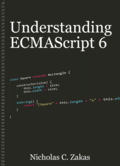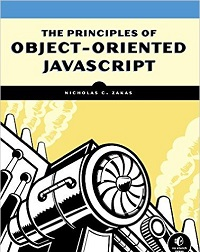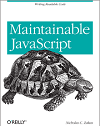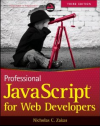Book review: The Art of War
 I’ve been making my way back to classical texts lately, and The Art of War has been on my list to read for a while now. My mom was kind enough to give me The Art of War: Complete Texts and Commentaries for Christmas last year, and I was happy to get some time to dig in. The book itself is rather dauntingly thick, but that is because of the immense amount of text contained within. As opposed to most translations, Cleary’s tome contains not just the traditional Art of War by Sun Tzu but also related texts and a full treatment of Sun Bin’s complementary Art of War. Through this, you get a complete understanding of both Sun Tzu’s and Sun Bin’s take on conflict.
I’ve been making my way back to classical texts lately, and The Art of War has been on my list to read for a while now. My mom was kind enough to give me The Art of War: Complete Texts and Commentaries for Christmas last year, and I was happy to get some time to dig in. The book itself is rather dauntingly thick, but that is because of the immense amount of text contained within. As opposed to most translations, Cleary’s tome contains not just the traditional Art of War by Sun Tzu but also related texts and a full treatment of Sun Bin’s complementary Art of War. Through this, you get a complete understanding of both Sun Tzu’s and Sun Bin’s take on conflict.
The treatment of the texts varies depending on the part of the book. The first part, featuring Sun Tzu’s Art of War, features Cleary’s translation intermixed with several interpretations and commentaries. The commentaries are provided by several scholars and provide added insights to the original text. Initially, I found this mixture annoying, as each paragraph of the original was followed by several paragraphs of commentary, often repeating or paraphrasing what had been said previously. After a while, though, this style grew on me and I was able to glean additional understanding through these commentaries.
The second part of the book ties in other Asian works, such as the Tao Te Ching, to the Art of War. This section explains how the Taoist concepts permeate throughout several classical texts and how one complements the others. This background and surrounding information makes the Art of War that much more relevant and meaningful. Also useful are the historic references explaining what was going on in Asia around the time of each writing.
The third part covers Sun Bin’s Art of War, also called the Lost Art of War. Sun Bin’s writing follows in the tradition of Sun Tzu’s, expanding upon the same principles. Some of this part of the book gets redundant as Sun Bin paraphrases and quotes Sun Tzu frequently, but still worth reading.
As advertised, the Art of War is about far more than war. It is about any sort of struggle or confrontation. Taken literally, I can see how the advice would have helped in ancient warfare; taken metaphorically, you can easily apply the techniques to business, politics, or any other place that contention or conflict exists.
A large part of the writings deal with leadership and the best qualities of a leader: “Leadership is a matter of intelligence, trustworthiness, humaness, courage, and sternness.” Sun Tzu highlights the importance of discipline in leadership, with established rewards and punishments that are consistently applied across the board. Good advice for a general as well as a corporate executive, head coach, or politician.
One of my favorite parts of the Art of War is when Sun Tzu speaks of knowing yourself and knowing your enemy:
So it is said that if you know others and know yourself, you will not be imperiled in a hundred battles; if you do not know others but know yourself, you win one and lose one; if you do not know others and do not know yourself, you will be imperiled in every single battle.
I’ve found this piece of advice to be vital in a number of different situations. Many people make the mistake of going into competition without understanding their opponents, and worse, sometimes without even knowing themselves. Whenever you’re in a conflict, you must know your own strengths and weaknesses as well as those of your opponent. Sun Tzu’s advice rings true in a great many situations
The Art of War: Complete Texts and Commentaries isn’t appropriate for everyone. If you just want a gentle introduction to the concepts, this is definitely not the book for you. If you are very interested in the Art of War in the larger context of great Asian writing and the history of China, then you need to get this book. It is, by far, the most complete presentation of Sun Tzu’s teachings and how to apply them in battle.
Disclaimer: Any viewpoints and opinions expressed in this article are those of Nicholas C. Zakas and do not, in any way, reflect those of my employer, my colleagues, Wrox Publishing, O'Reilly Publishing, or anyone else. I speak only for myself, not for them.





